
The mass exodus of men returning to fight against the Russian invasion has left industries in Central Europe in a labour lurch.
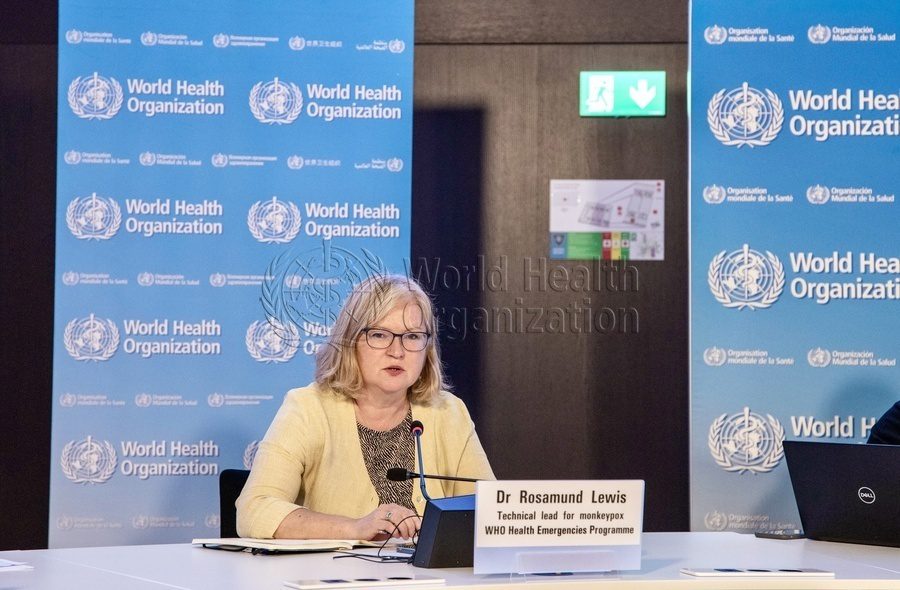
The report of the emergency committee that failed to reach consensus was released on Saturday. It revealed four key arguments against granting emergency status to the outbreak.

At their July 26th meeting, energy ministers rejected the Commission’s initial plan for emergency powers but committed to reducing gas usage by 15% between 1 August 2022 and 31 March 2023—at least they did in theory.
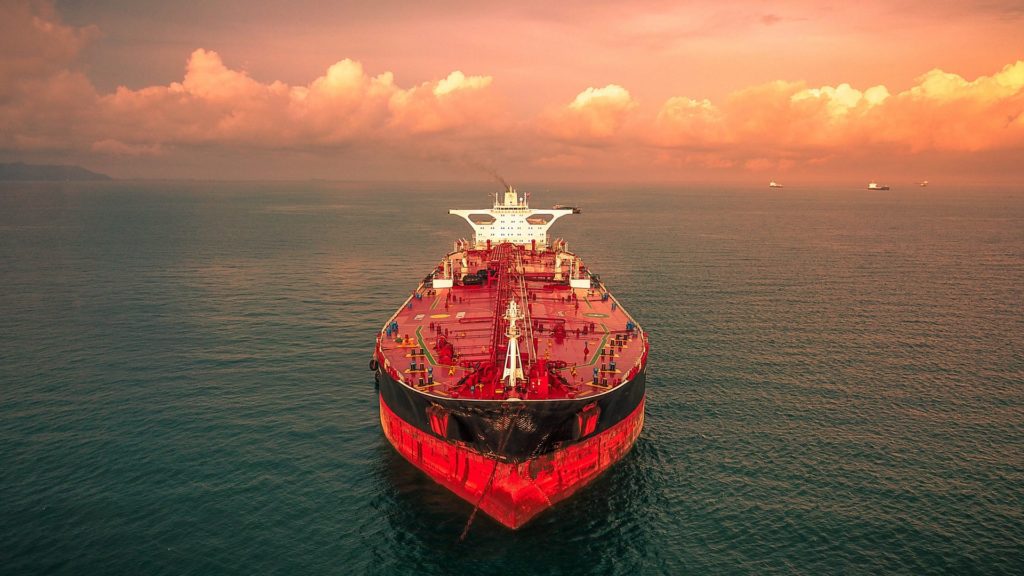
Dubbed the “Black Sea Grain Initiative,” the agreements will provide safe ocean passage out of the three key Ukrainian ports in the Black Sea—Odessa, Chernomorsk and Yuzhny—and on to the rest of the world.
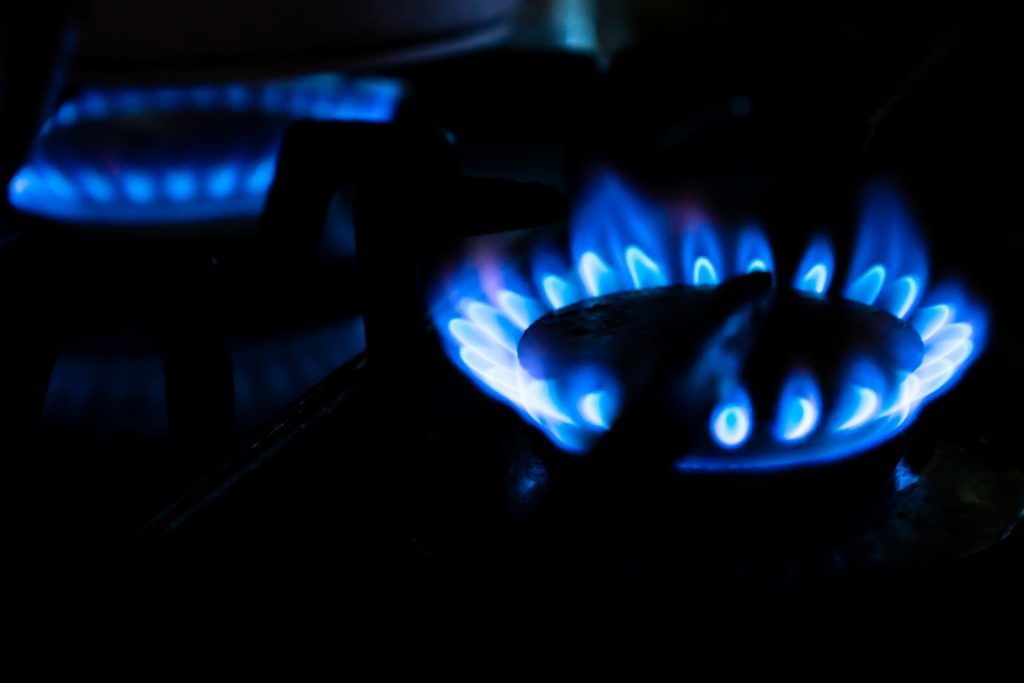
From Madrid, Spain’s Ecological Transition Minister Teresa Ribera rejected Brussels’ plan as “not the most effective, nor the most efficient, nor the fairest.”

The health ministry originally feared as many as 10 million doses would have to be thrown out, until it emerged that the BioNTech-Pfizer vaccine can be stored for longer than initially thought, downgrading the estimated waste to 3 million doses.
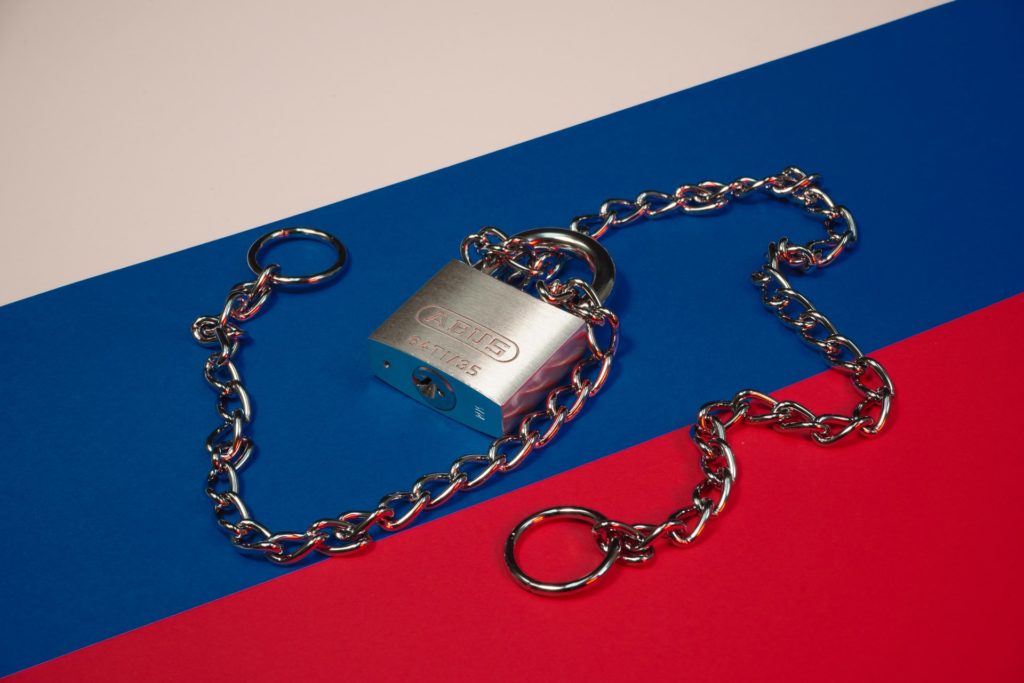
The flagship measure is a ban on Russian gold imports, to align EU sanctions with those of the G7, which decided to sanction Russian gold last month.

The debt relief comes as Ukraine is facing $1.2 billion of debt payments due at the beginning of September, and a serious shortfall in cash flow—due to the Russian invasion that began at the end of February.

For the last seventy years, agricultural policy in Europe and elsewhere has been driving efficiency and increased production, much to the detriment of societal and environmental health. But not all the blame rests on the shoulders of the technocrats. They weren’t the ones who started the revolution that made Spanish farmer Artero cry.
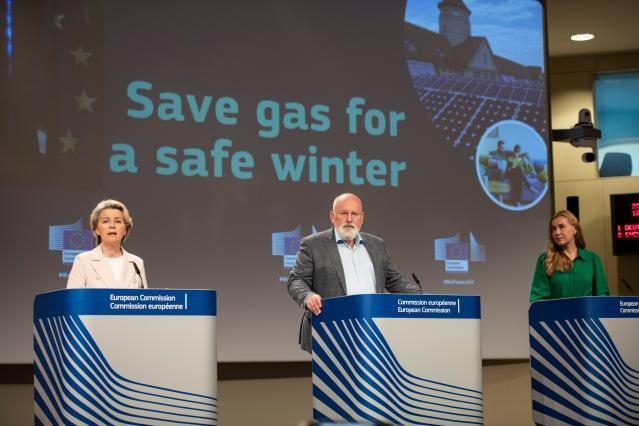
The Commission wants to make member states save gas and then be able to redistribute the block’s overall supply as a response to the possibility of Russia cutting off Europe’s gas supplies.

Britain’s Ministry of Defence, supportive of Kyiv, said that it believed Russian forces weren’t advancing swiftly because of personnel shortages.
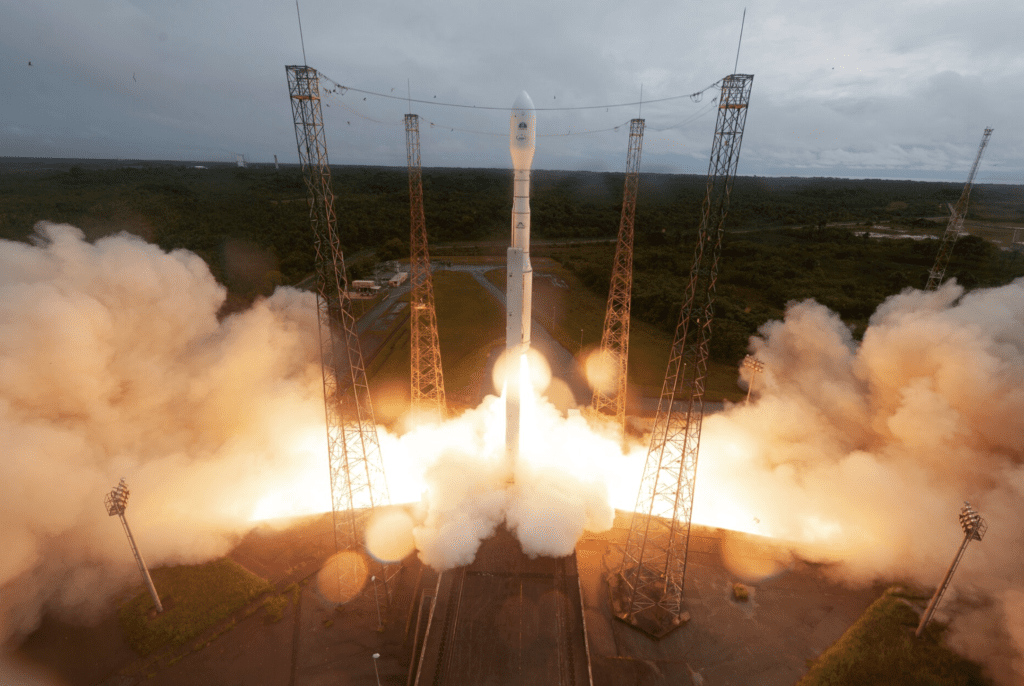
The spacecraft is carrying out a variety of experiments, from testing Einstein’s general theory of relativity, to plant growth in microgravity environments.